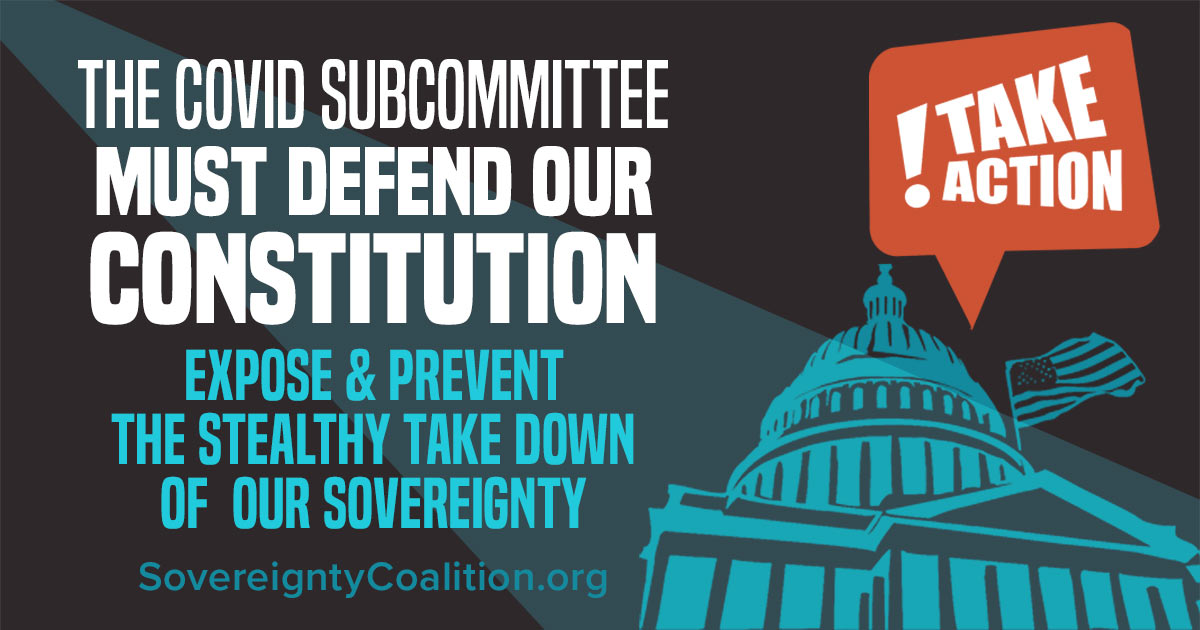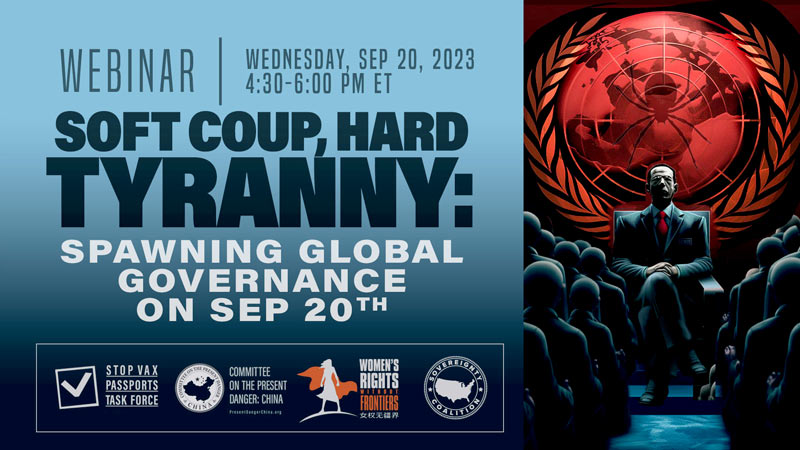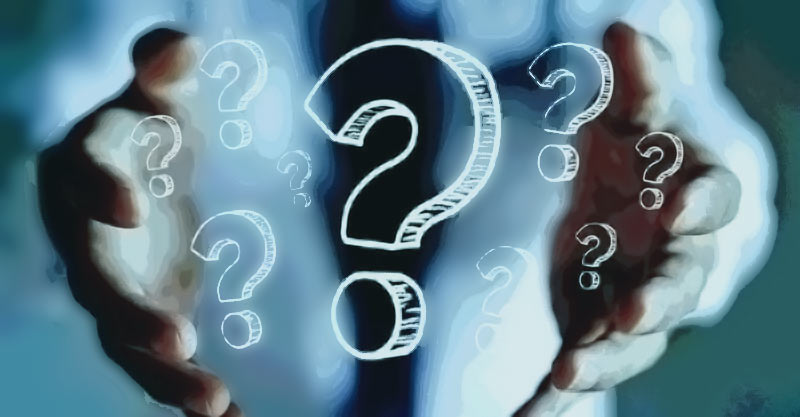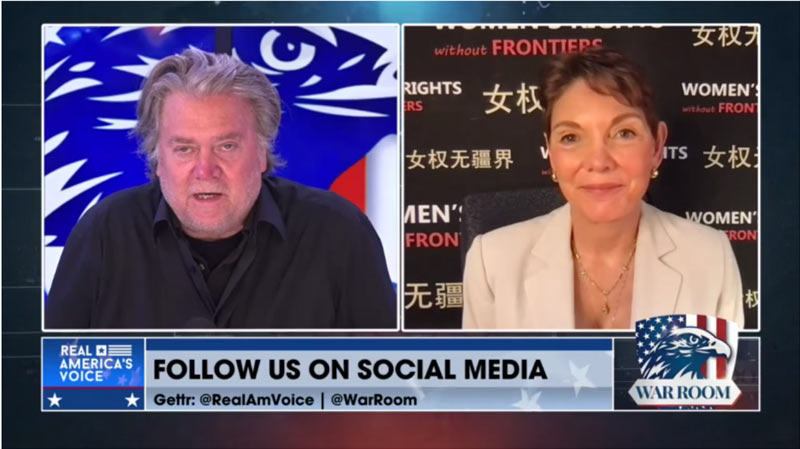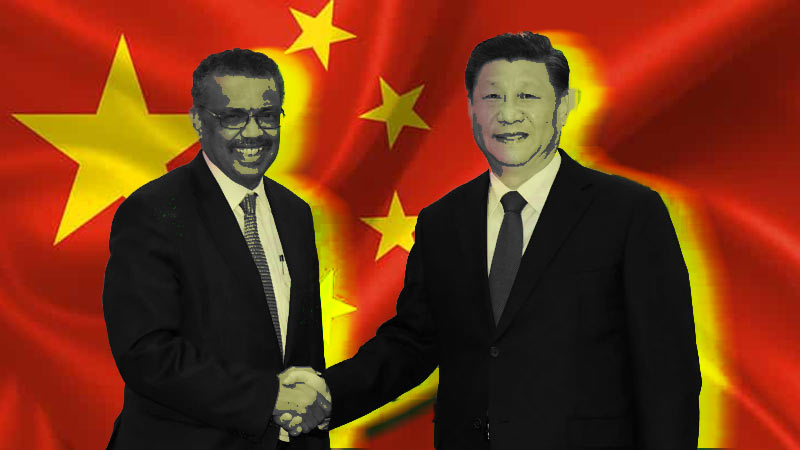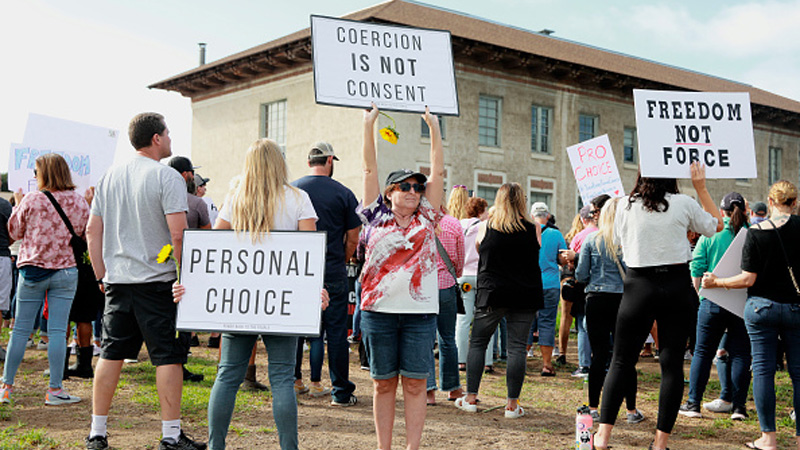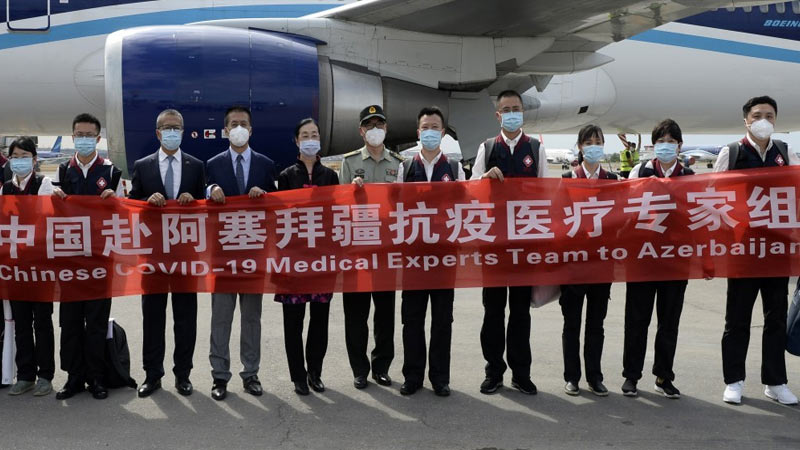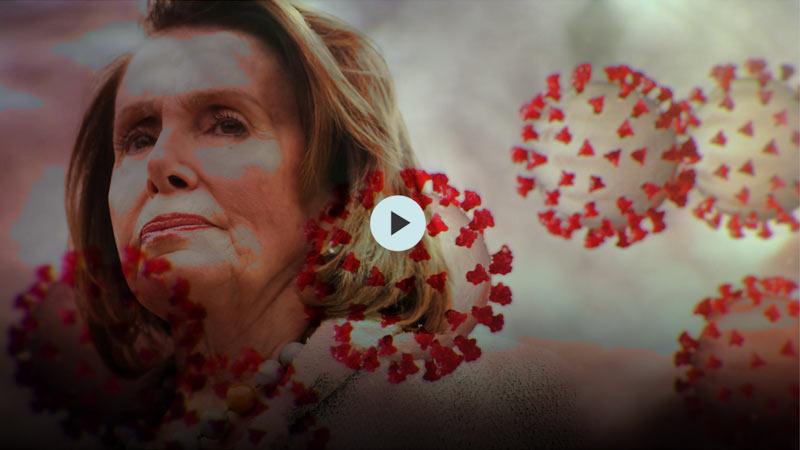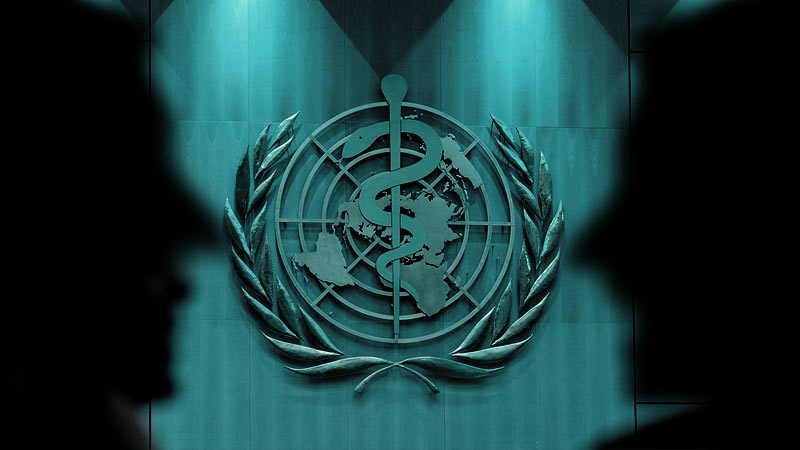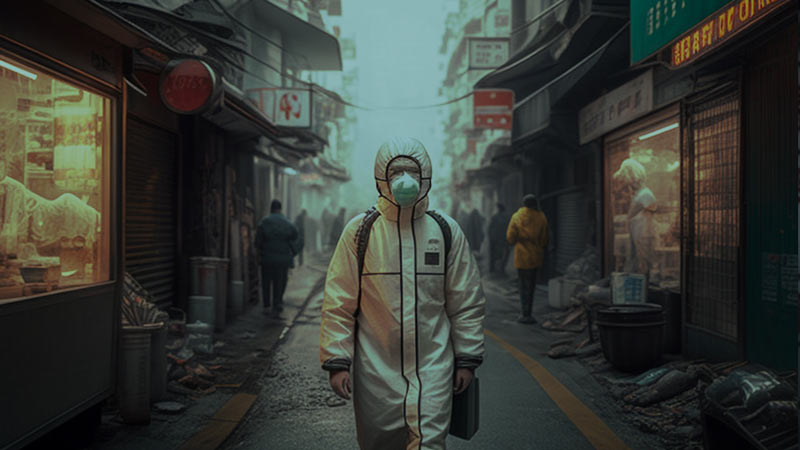Take action! The COVID Subcommittee Must Defend Our Constitution
The House Select Subcommittee for the Coronavirus Pandemic (@COVIDOversight) chaired by Rep. Brad Wenstrup will hold a crucially important hearing on Tuesday, October 24th. It must be used to expose and lay the groundwork for preventing an assault on our Constitution and national sovereignty by the World Health Organization, the Chinese Communist Party and other enablers.

